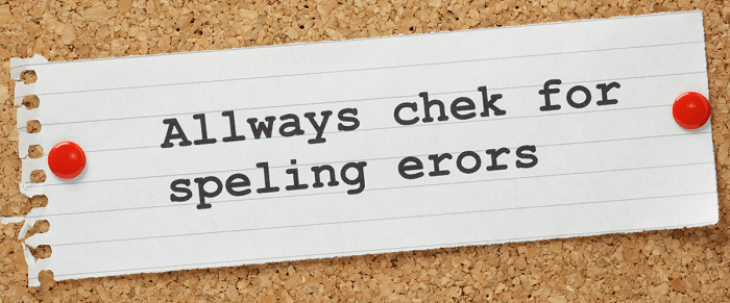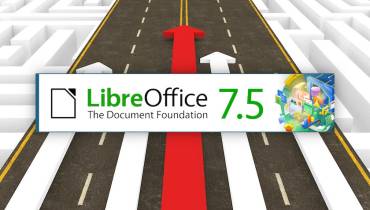Why Good Spelling Is Still Important, Despite Relaxing Grammar Rules Online

You might not realize it, but you’re constantly being judged. People tend to evaluate the way you look, talk, communicate, and, quite surprisingly, the way you write.
In the Digital Age, the importance of spelling and grammar is often devalued. We tend to ignore basic spelling, punctuation, and grammar rules when texting friends through popular messaging apps, typing comments, or writing emails to colleagues. We believe it’s not the form but content that matters.
Of course, most modern apps feature built-in spell checkers that check for misspells and grammatical errors in texts. What’s more, users can take advantage of standalone online spell checking tools specifically designed to help writers refine and improve their content. But modern technologies are no substitute for mastering the art of spelling.
Not only can a silly spelling mistake make you look less intelligent and educated, but also cost you job opportunities, business partners, and customers. Lousy grammar and countless typos in your texts also may ruin your chance of finding a perfect match online.
So, do you still think misspelled words are no big deal?
When Spell Checkers Can Do You a Disservice
As we’ve noted earlier, spell checks are great tools wherewith you can quickly check your content for different sorts of errors and correct them before your readers can spot them. Nevertheless, they can also be responsible for a new problem, which is using the wrong word than intended.
The point is spell checks sometimes correct a misspelled word to another completely irrelevant word. As a result, you may end up with “lesion” instead of “leisure,” “peach” instead of “peace,” and the like.
Therefore, it’s critical that you proofread what you’ve written to avoid appearing sloppy and non-authoritative in front of your readers. Though you may look upon autocorrection as a fail-safe method, you still have to learn how to spell and double-check your writing before it reaches the recipient.
Grammar and Spelling Errors May Hurt Your Business

Clients and potential customers often judge the reliability of a company by correct writing and spelling. It is a statistically proven fact that the majority of visitors decide to leave a website immediately after coming across a grammar error or even a minor typo.
No matter the gravity of a mistake, visitors lose trust in the website whose owners didn’t even bother to proofread the content prior to publishing it. What’s more, spelling mistakes on the website can be construed as indicators of its being fraudulent.
Thus, a good portion of your business image can be undermined by your poor grasp of grammatical conventions or failure to detect and correct misspellings.
Missed Job Opportunities
Imagine the situation where you receive an application letter or a CV replete with errors and typos. It’s highly unlikely that you will want to hire such a candidate.
Nowadays, more and more employers express their growing dissatisfaction with the command of the conventions of grammar their applicants demonstrate. Spelling skills are indispensible in establishing your credibility and enhancing your professional image.
The ability to effectively communicate your ideas and messages in writing can go a long way towards boosting your career prospects and reaching work-related goals.
Of course, the interpersonal, technical, and communication skills are also very important, but without a certain level of proficiency in literacy skills you won’t be able to impress your potential employer and get a coveted job.
When Misspelling is Not a Big Deal or Even Welcome
In some contexts, incorrect spelling, shortening, and abbreviation aren’t considered as violation of grammar rules and aren’t judged strictly.
These days, lots of popular online publications opt to break grammar rules purposefully to maintain a casual conversational tone and thus get closer to their audience. You also wouldn’t use overly formal diction when chatting with friends on Facebook or Twitter. You write ‘biz’ for business and use ‘cuz’ as shorthand for ‘because.’
Experts agree that the online environment has created a new in-between form of discourse where relaxing the rules of spelling is considered a norm. So, you’re free to experiment with punctuation and relax the rules of spelling when composing your Instagram posts and in other informal contexts. This can help facilitate fast comprehension or add more expressiveness to your writing.




















